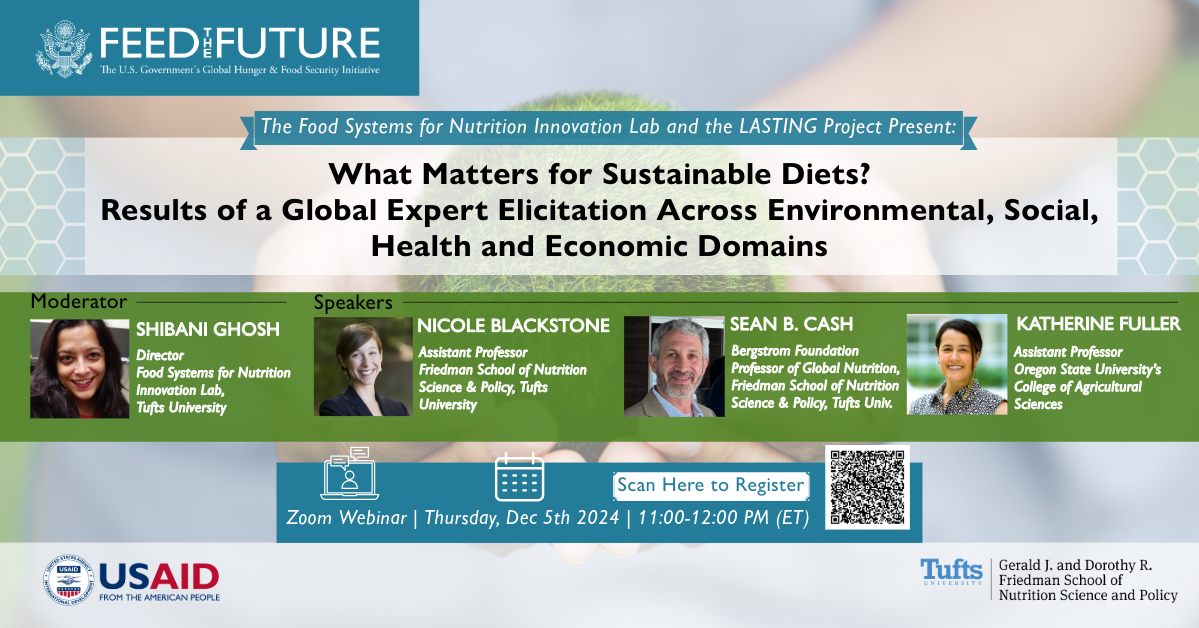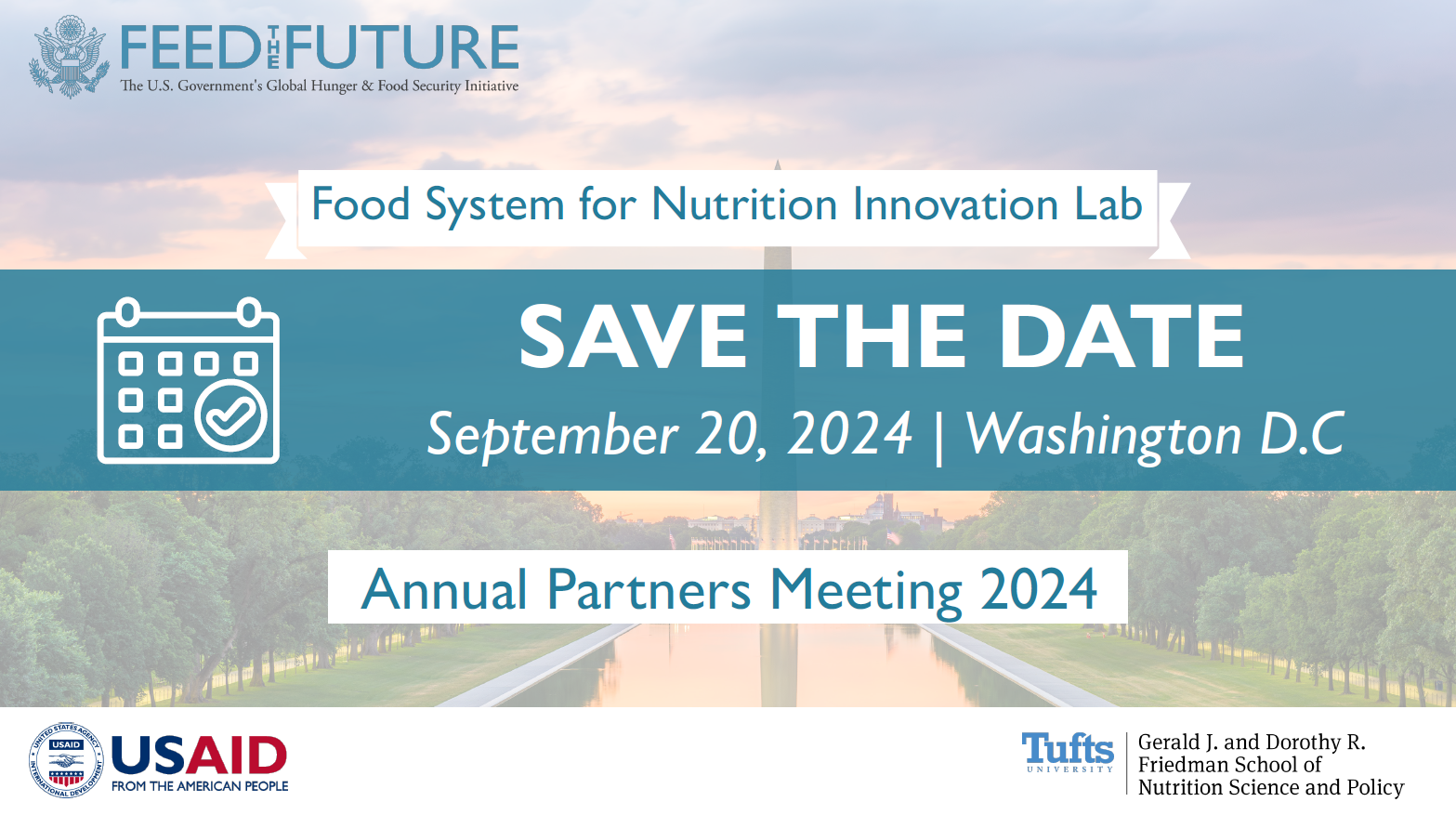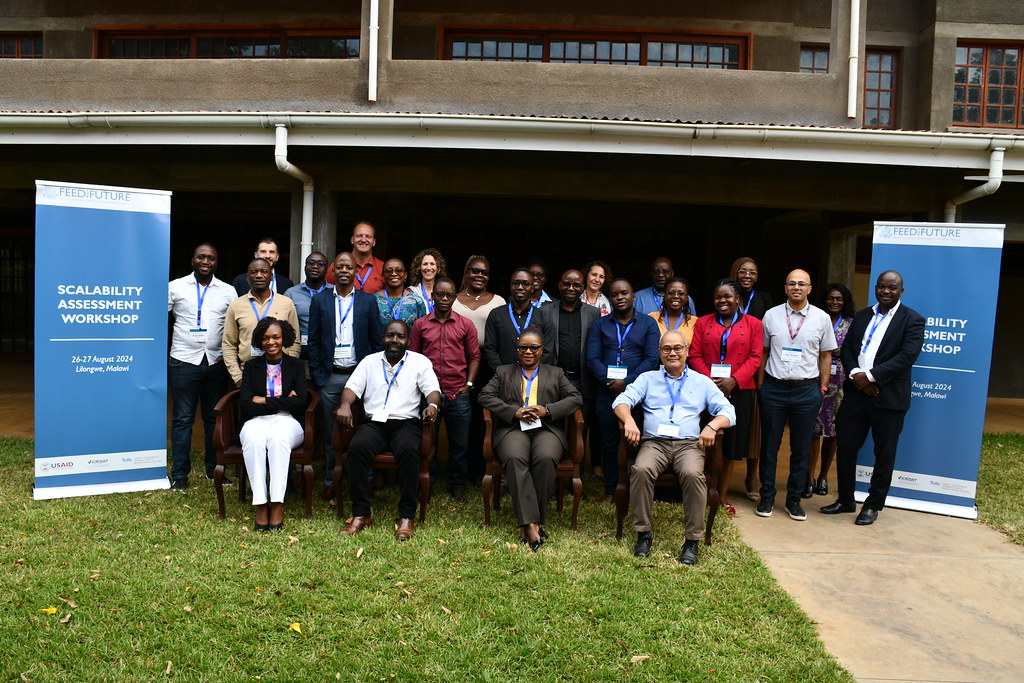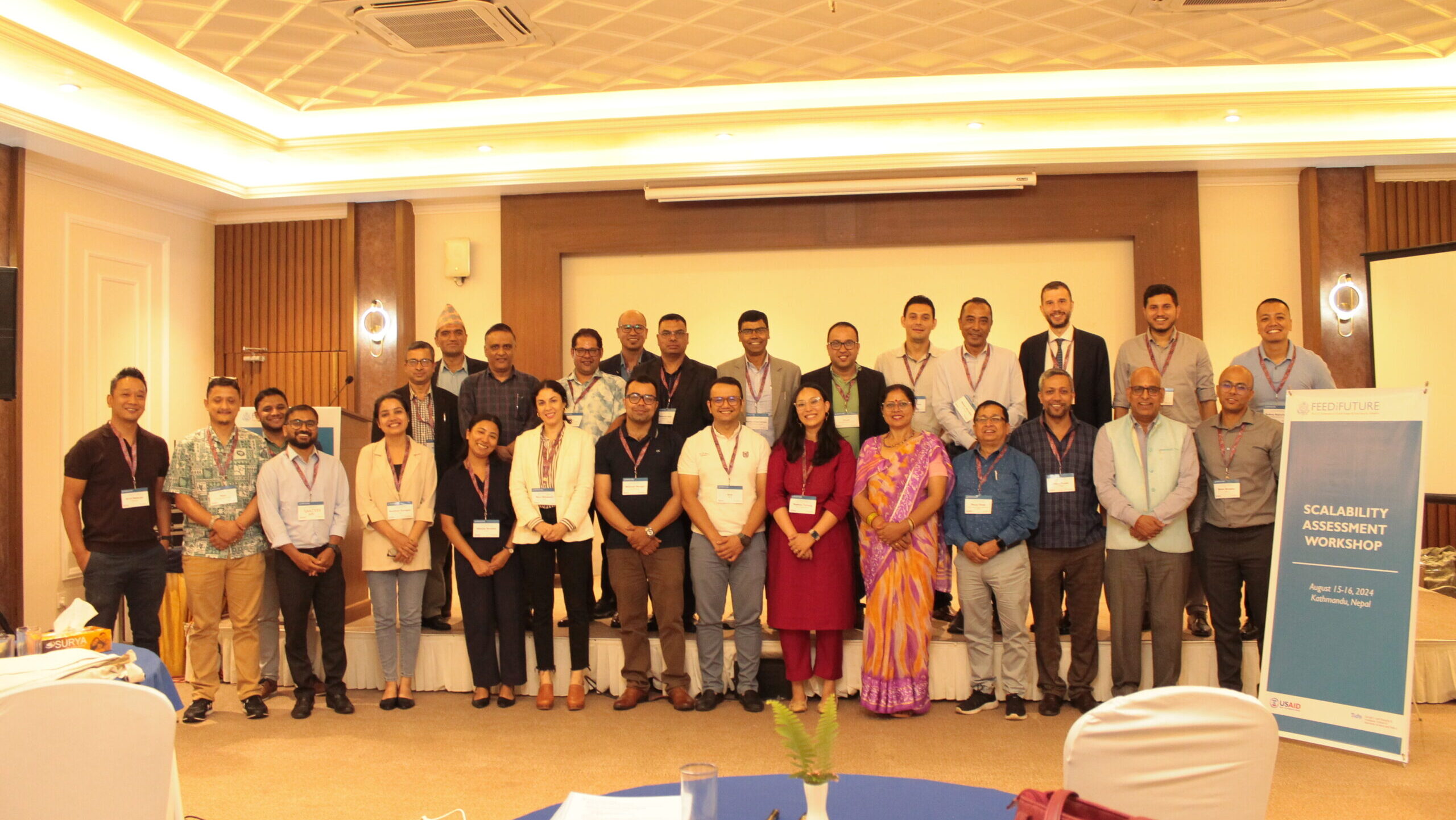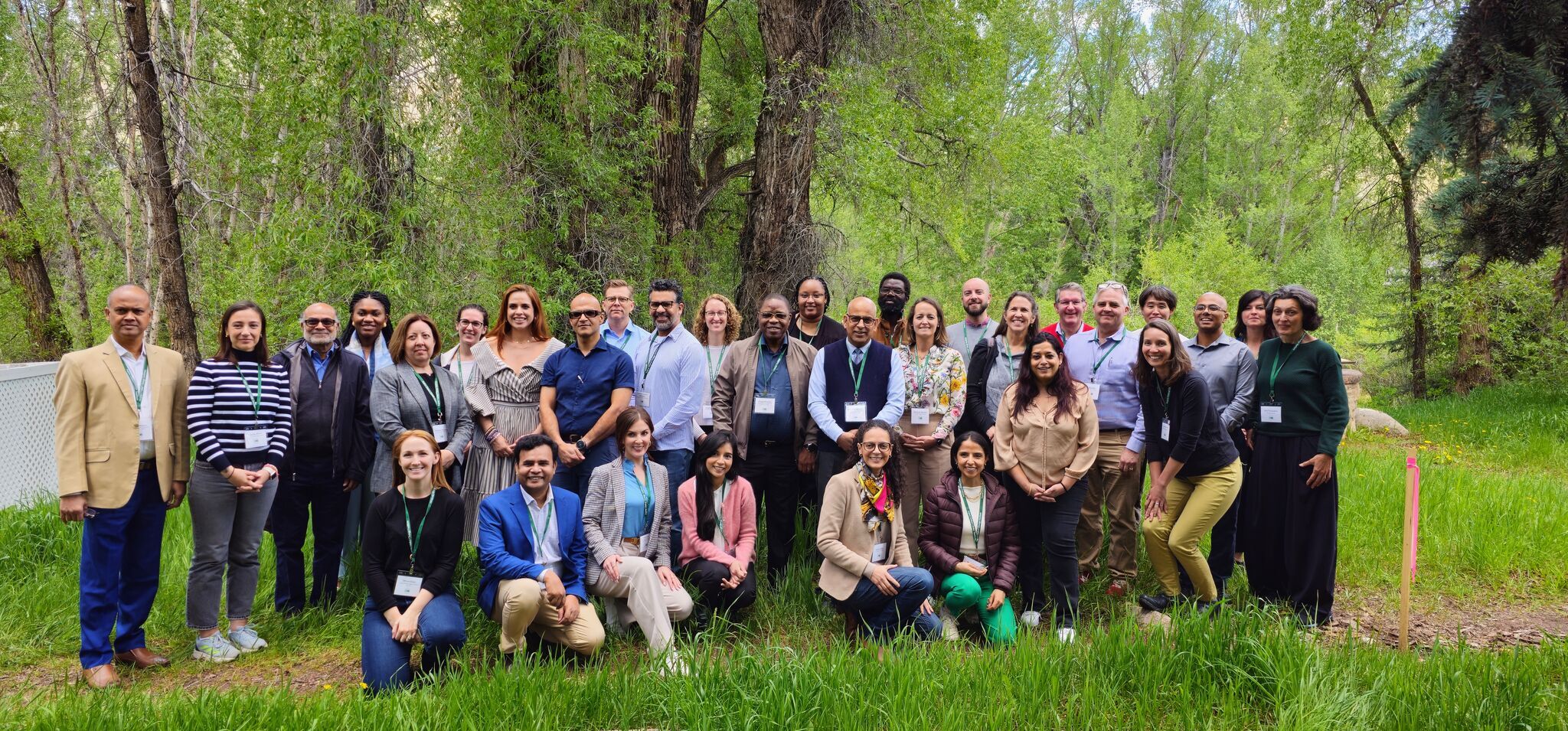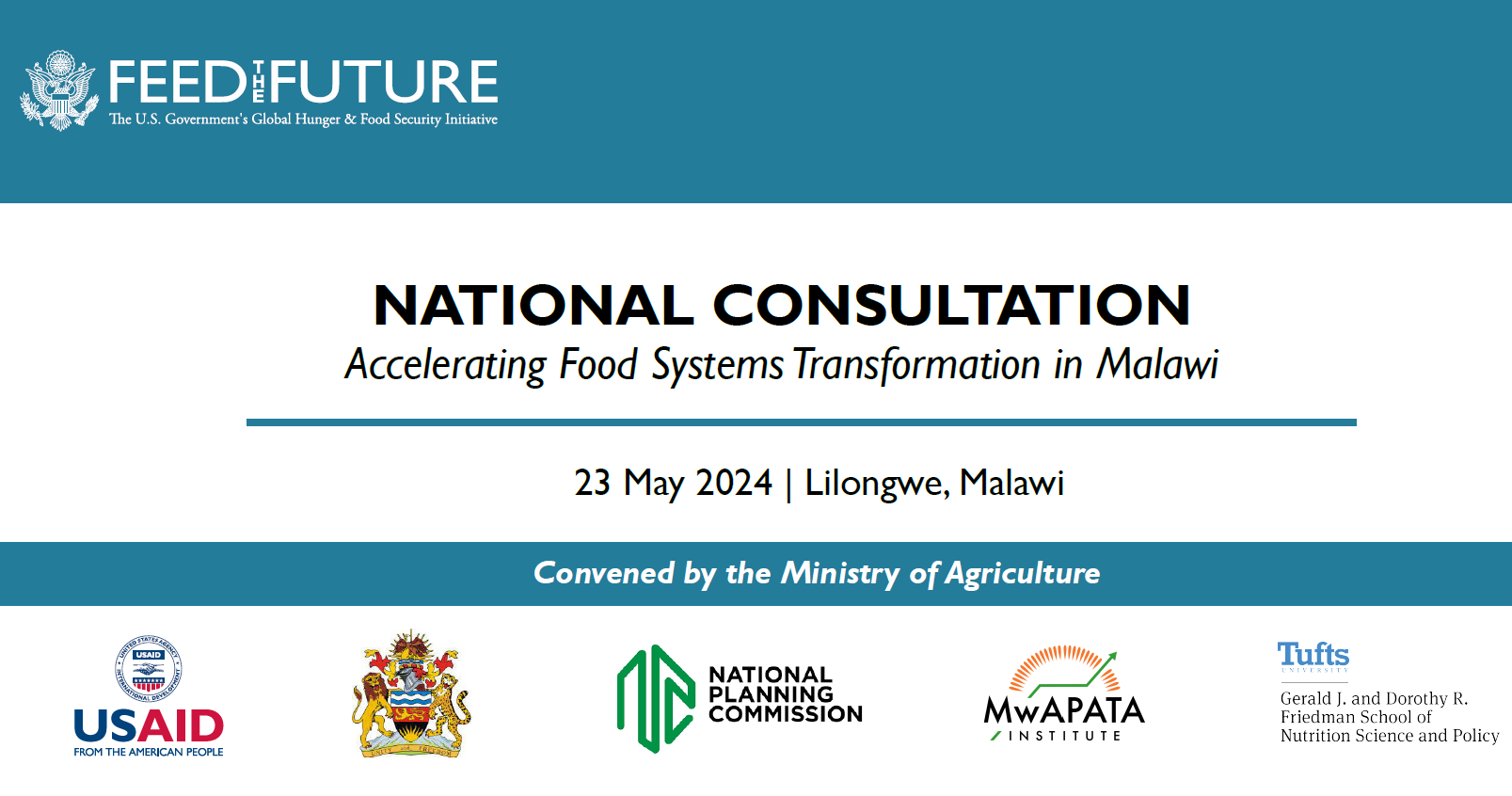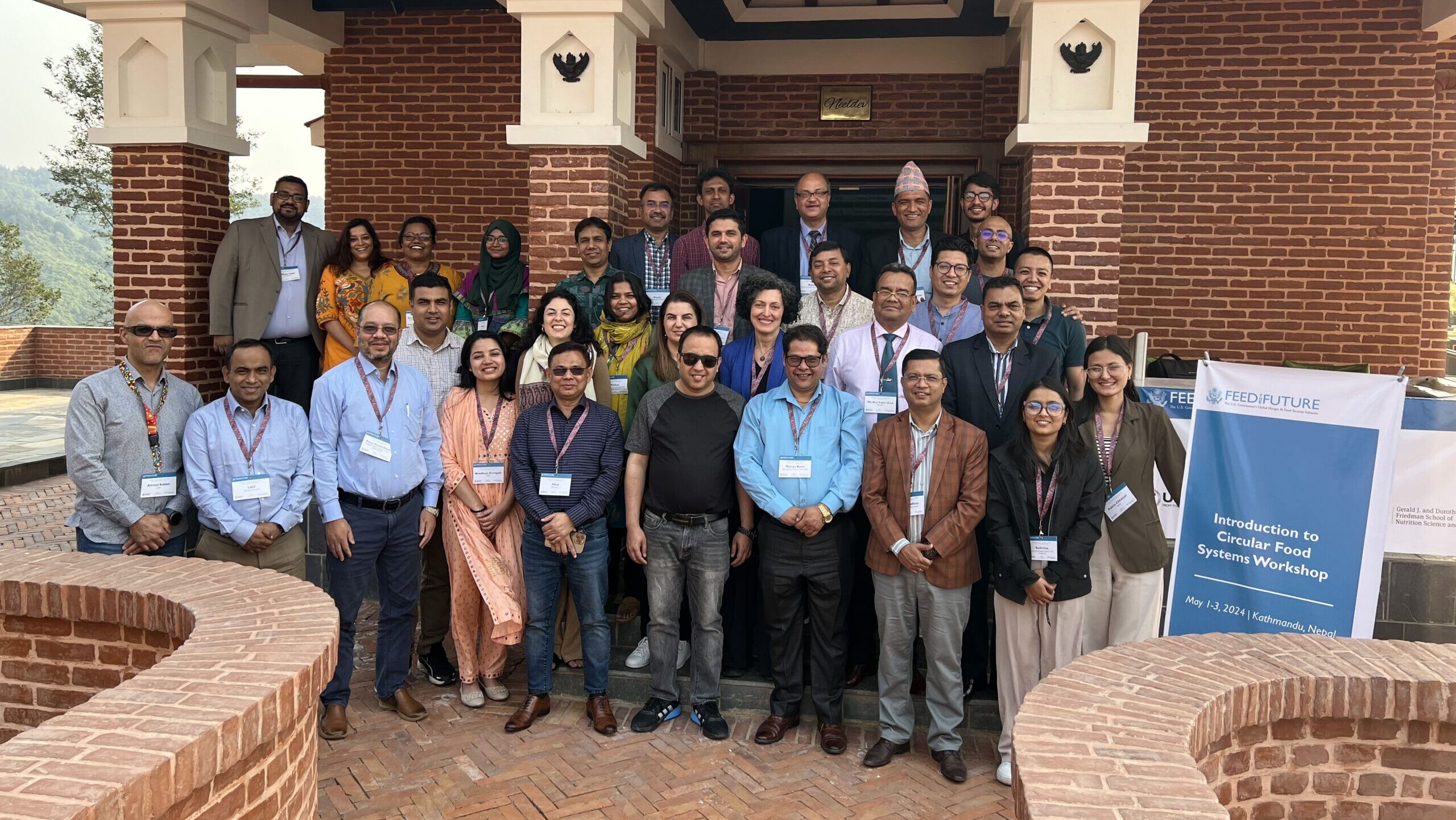What Matters for Sustainable Diets? Results of a Global Expert Elicitation Across Environmental, Social, Health and Economic Domains
WebinarWebinar Description: Sustainable dietary patterns should be environmentally sound, socially equitable, economically viable, and nutritionally adequate for current and future generations. How do we measure sustainable dietary practices? We highlight the challenges in defining and measuring food system sustainability and emphasize the need for integrative assessment that considers all four pillars. Through a modified Delphi […]

